Visual perception Normal Worksheets for 6-Year-Olds
15 filtered results
-
From - To
Enhance your child's cognitive skills with our Visual Perception Normal Worksheets designed for 6-year-olds. These engaging worksheets from Kids Academy offer a variety of activities to assist in the development of critical visual perception abilities. By exploring patterns, shapes, and differences, children will improve their ability to observe and interpret visual information effectively. These activities are vital for reading readiness, math skills, and overall learning capabilities. Perfect for home or classroom use, our high-quality, print-ready worksheets ensure children enjoy a fun and productive educational experience. Support your child's visual perception development with Kids Academy today!
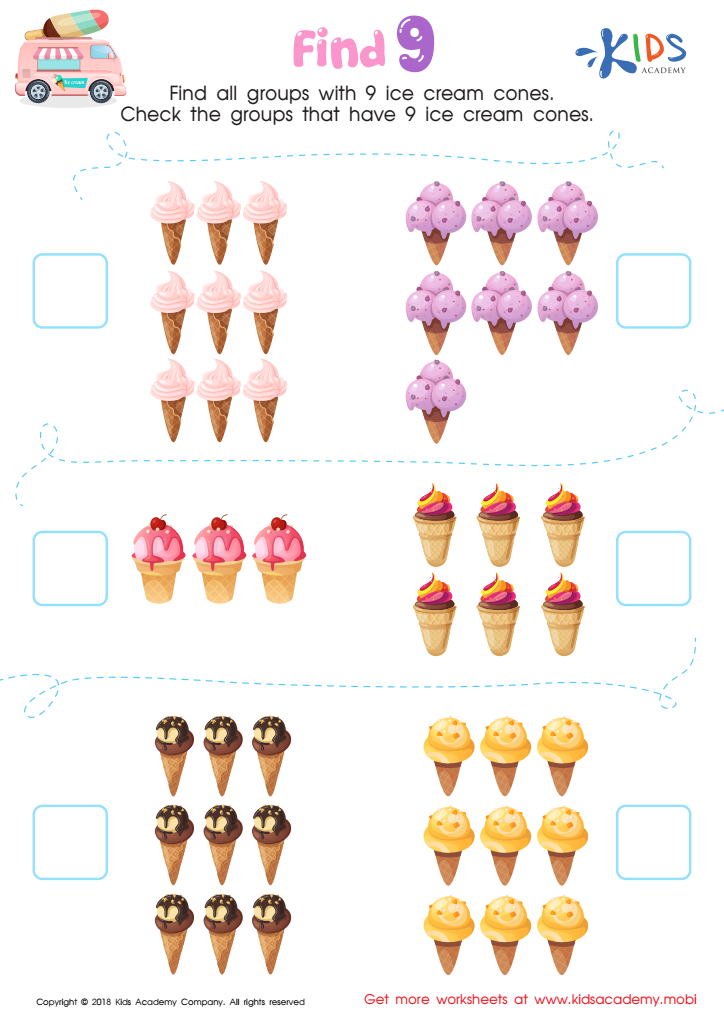

Find 9 Worksheet


Count and Match Boxes with Vegetables
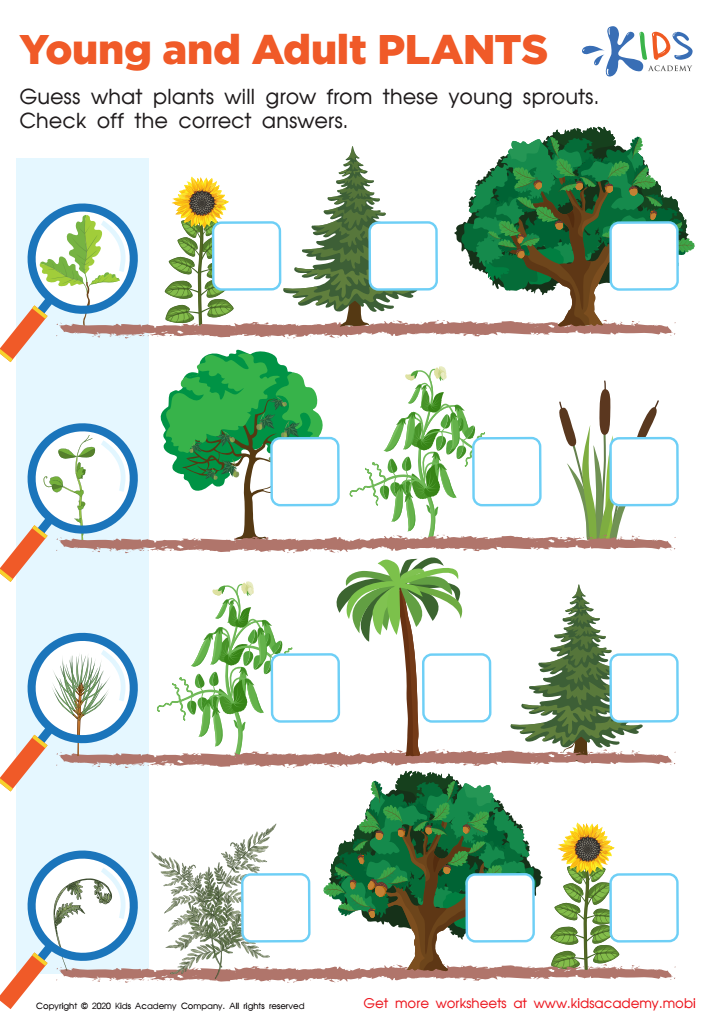

Young and Adult Plants Worksheet


Adding Flower Petals Worksheet
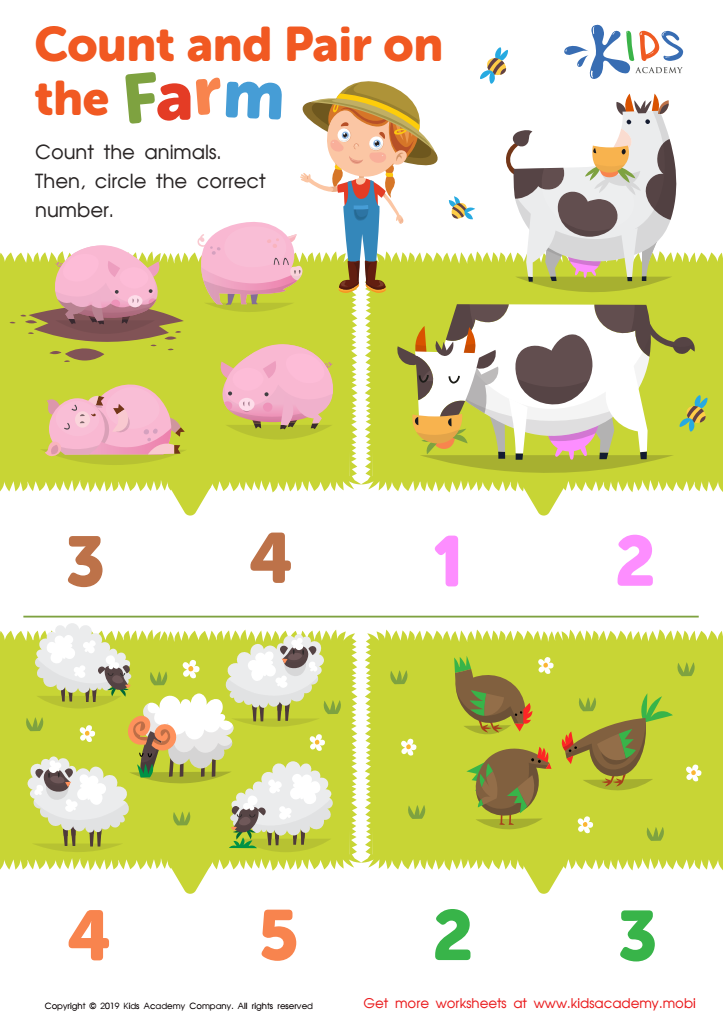

Count and Pair on the Farm Worksheet
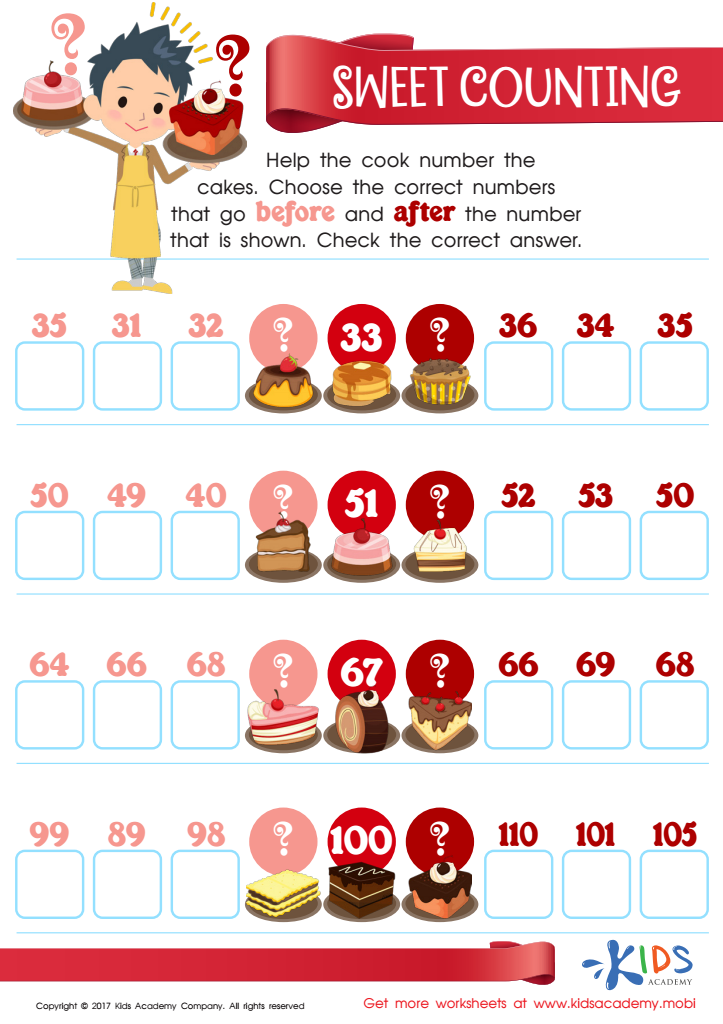

Sweet Counting - Part 1 Worksheet


Preschool Geometry Match Up Worksheet
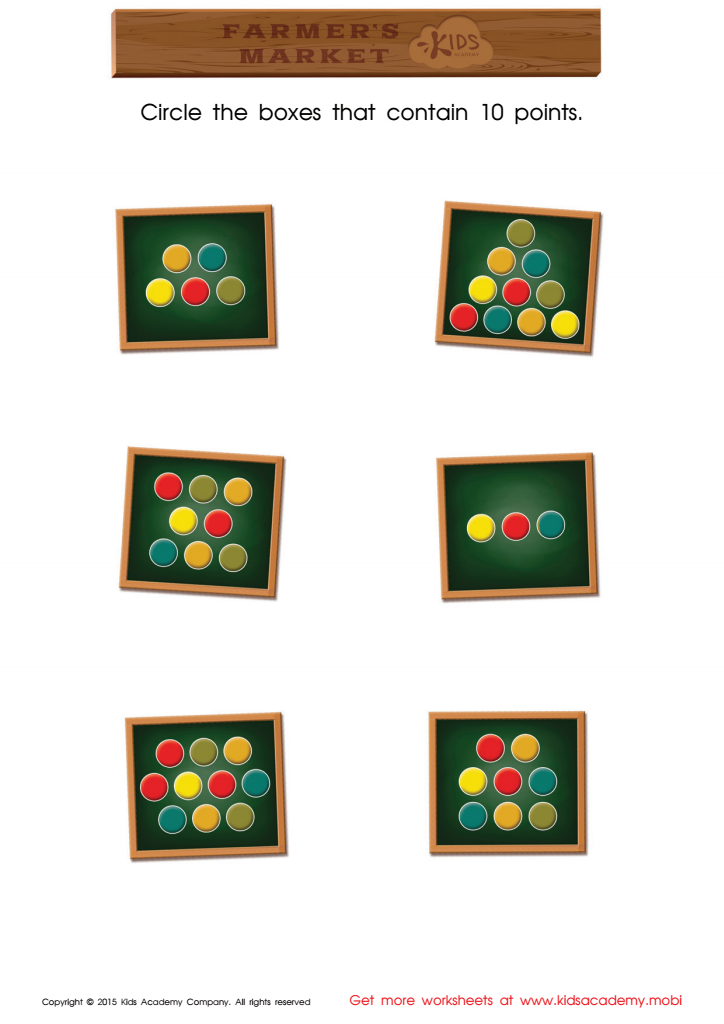

Count and Match Points 10 Math Worksheet
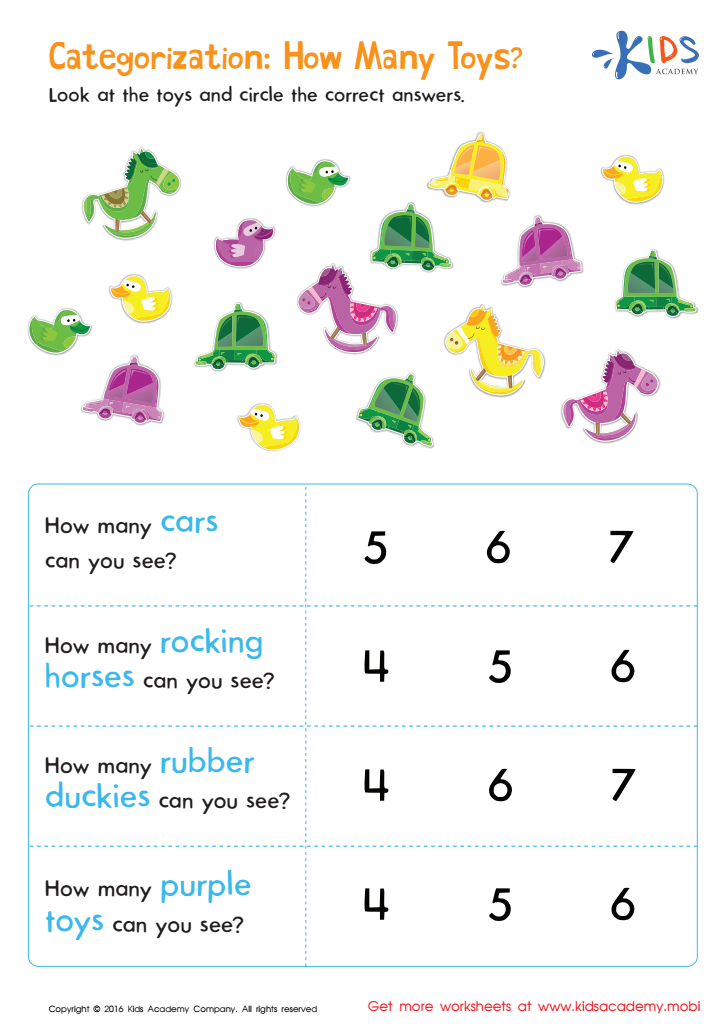

Classifying Toys by Type and Color Sorting Worksheet
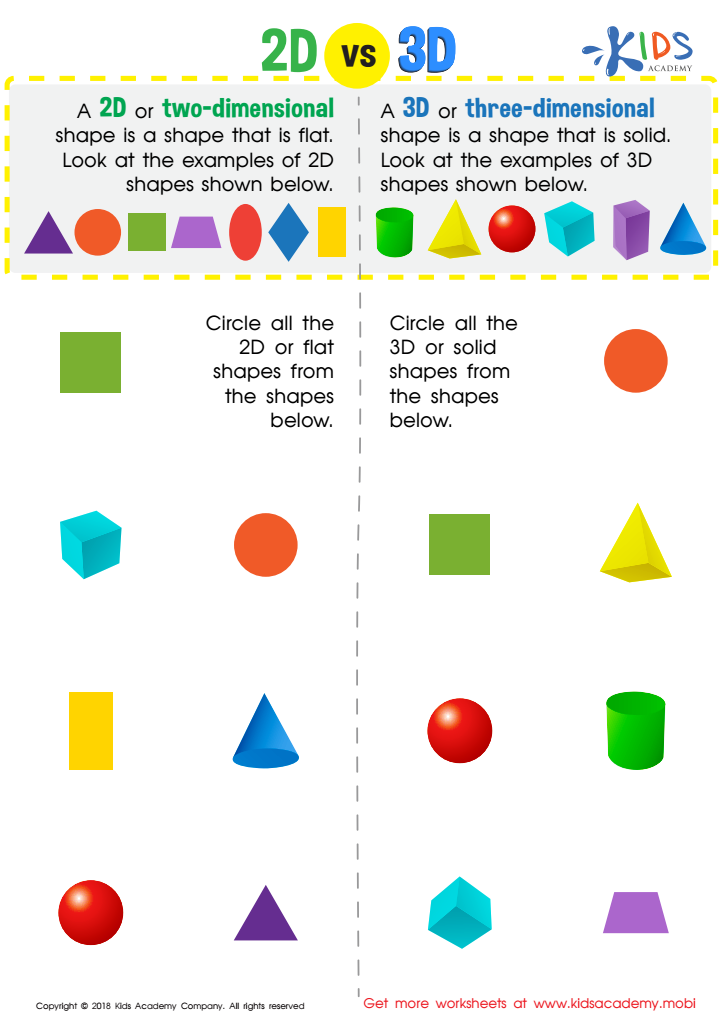

2D vs 3D Shapes Worksheet
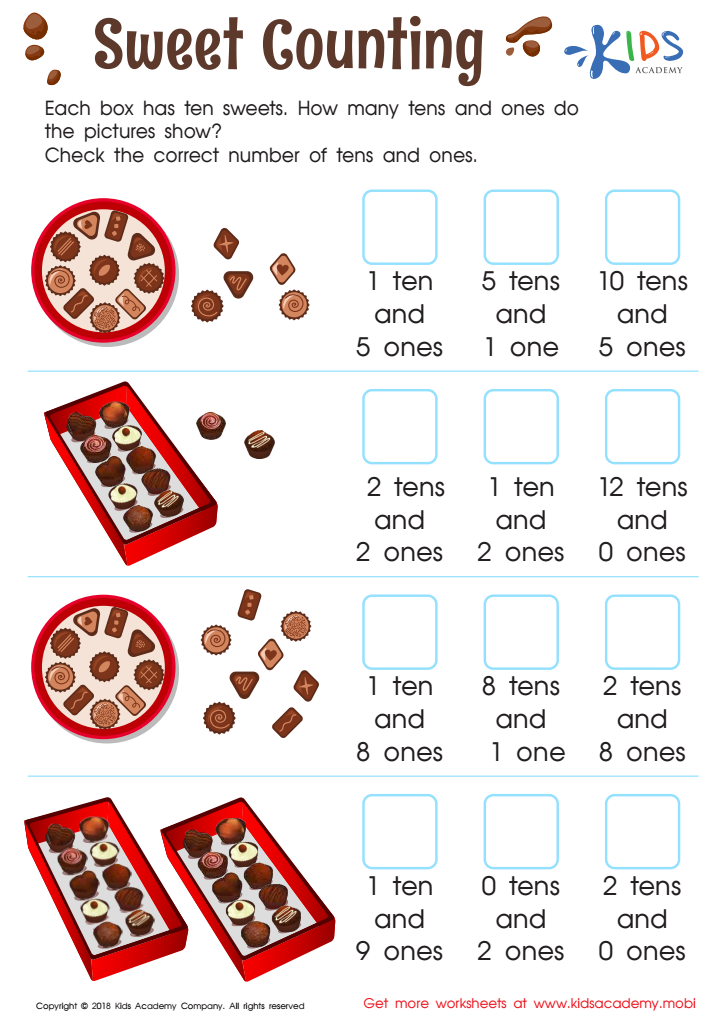

Sweet Counting - Part 2 Worksheet
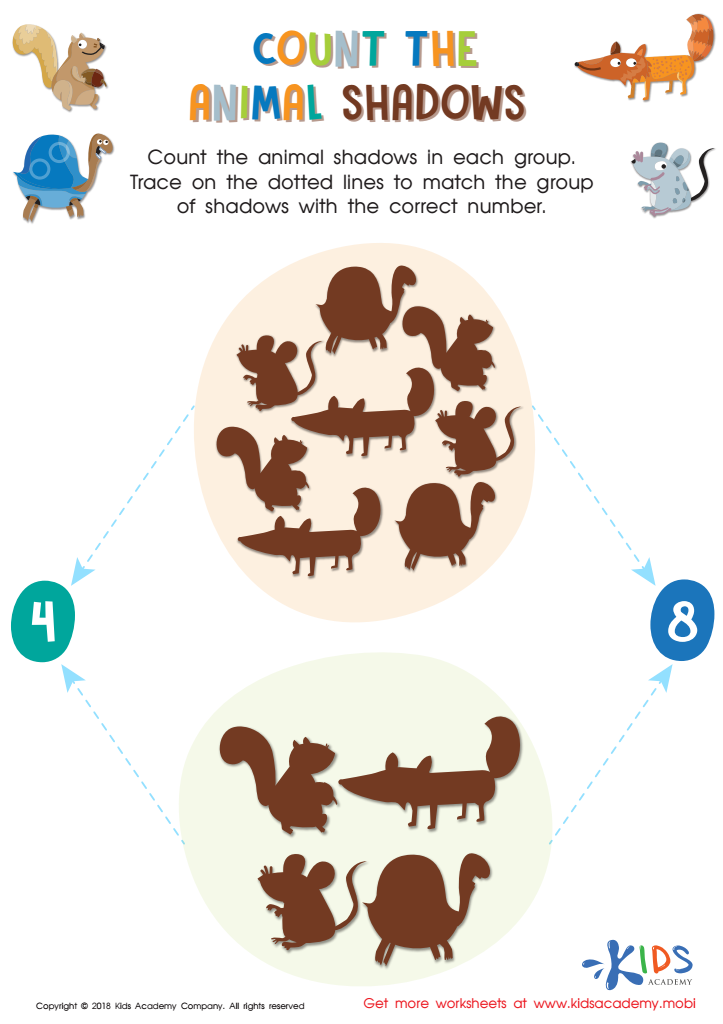

Count the Animal Shadows Worksheet
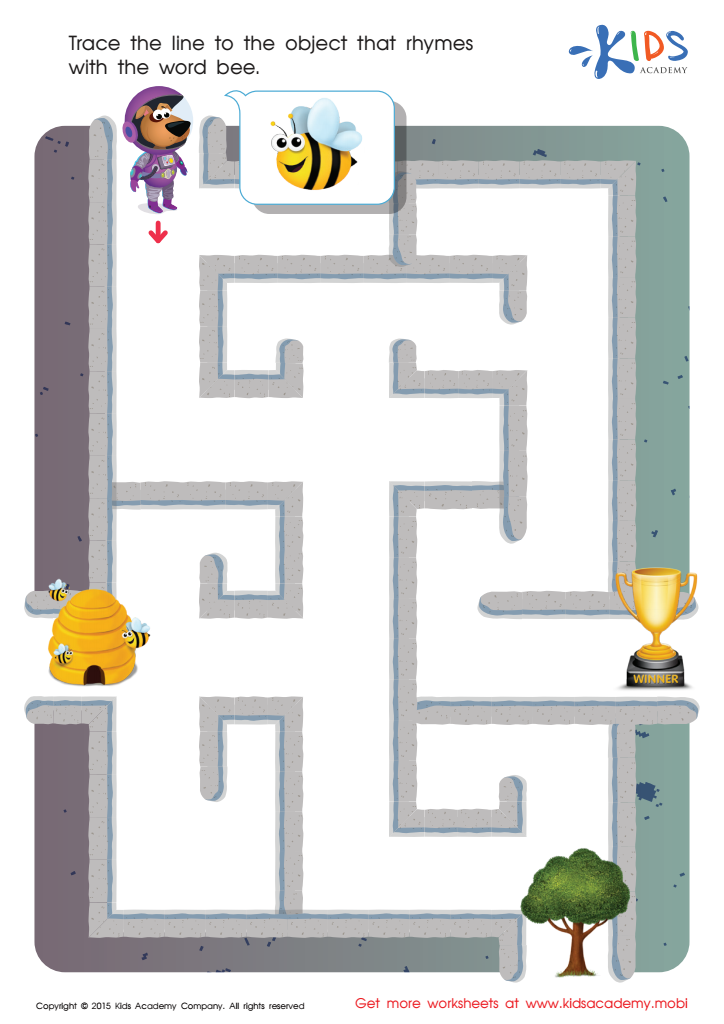

Bee Rhyming Words Worksheet


Count and Match Vegetables 1 – 5 Math Worksheet
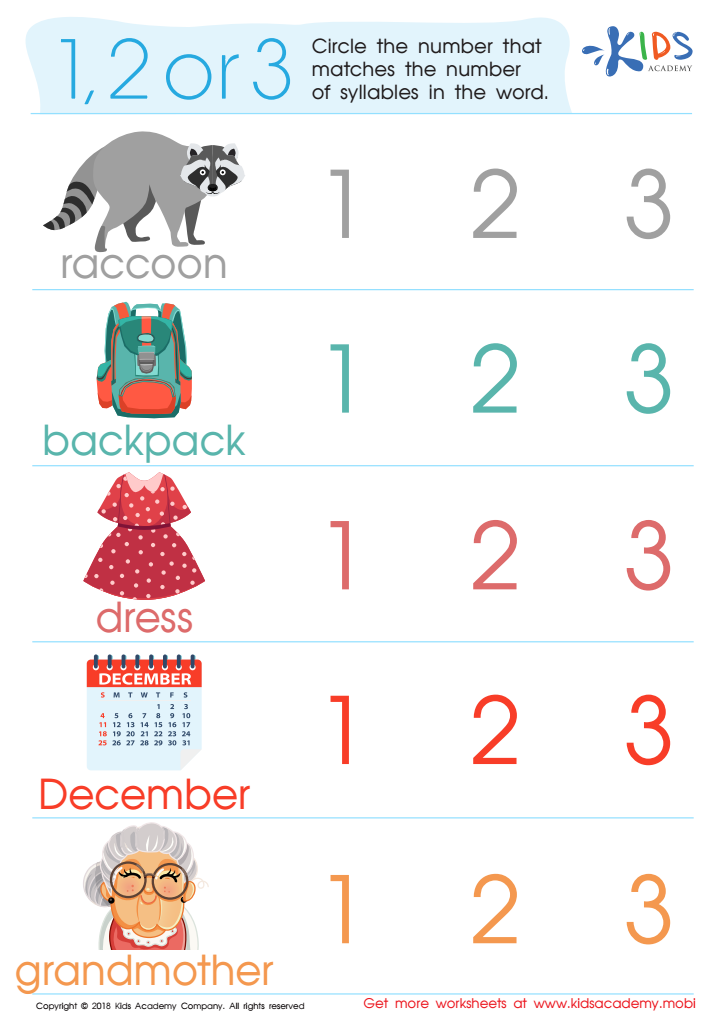

1, 2 or 3? Worksheet
Visual perception is crucial for a child's learning and overall development, especially at the age of six. At this developmental stage, children are honing skills that form the foundation for reading, writing, and math. Visual perception abilities, such as the ability to distinguish shapes, colors, sizes, and spatial relationships, directly impact their ability to understand and interpret the world around them.
For parents and teachers, understanding and fostering normal visual perception in six-year-olds can lead to improved academic performance and confidence. For instance, in reading, visual perception allows children to differentiate between letters and words, understand spacing, and follow text across a page. In writing, it aids in letter formation and spatial organization within lines and margins. Moreover, in subjects like math, it helps in recognizing numbers and patterns.
Early identification of any visual perception issues can prevent potential learning difficulties. Delays or deficits in these skills might manifest as difficulty in following instructions, poor handwriting, or struggles with basic math concepts. By monitoring and supporting visual perceptual development, parents and teachers can intervene early, providing necessary exercises, visual aids, and supportive learning environments. This proactive approach can help ensure that children not only keep up academically but also build critical self-confidence in their abilities, setting them up for long-term success.
 Assign to My Students
Assign to My Students





















